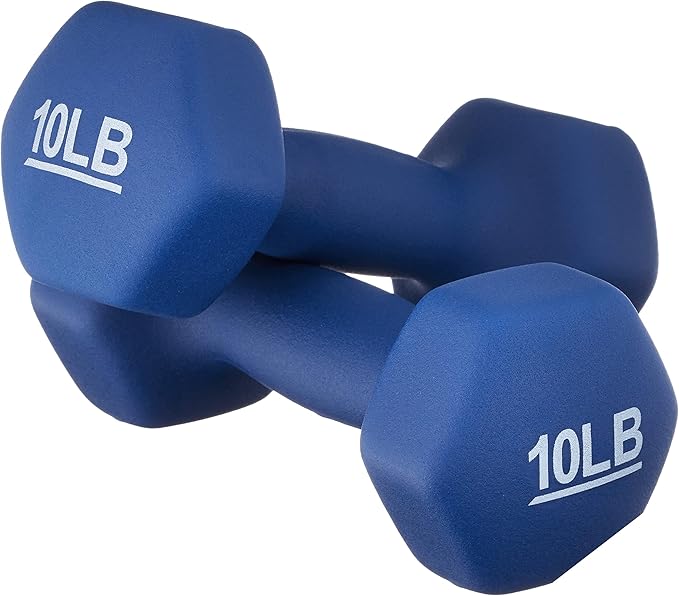Macro Calculator
Calculate your daily macronutrient needs (protein, carbs, and fats) based on your goals, activity level, and body composition. Get personalized macro ratios for weight loss, muscle gain, or maintenance.
Enter Your Details
Don't know your TDEE? Calculate it here
About Macros
Protein: Essential for muscle building, repair, and satiety. Aim for 0.8-1.2g per kg body weight.
Carbs: Primary energy source for workouts and daily activities. Adjust based on activity level.
Fat: Important for hormone production and vitamin absorption. Don't go below 15% of calories.
Note: These are starting recommendations. Adjust based on your progress and preferences.
Nutrition Supplements
Essential supplements to help you meet your macro goals
What are Macronutrients?
Macronutrients are the three main nutrients your body needs in large amounts: protein, carbohydrates, and fats. Each plays a crucial role in your health, fitness, and body composition.
Macro Ratios
The percentage of calories from each macronutrient that makes up your daily intake
The Three Macronutrients
- Protein:4 calories per gram - Building blocks for muscle
- Carbohydrates:4 calories per gram - Primary energy source
- Fats:9 calories per gram - Essential for hormone production
Why Calculate Macros?
- •Optimize body composition
- •Improve athletic performance
- •Support weight management goals
- •Enhance overall health
Frequently Asked Questions About Macros
What are macronutrients and why are they important?
Macronutrients are the three main nutrients your body needs in large amounts: protein, carbohydrates, and fats. Each plays a crucial role in your health and fitness. Protein builds and repairs muscle, carbs provide energy, and fats support hormone production and vitamin absorption. Understanding your macro needs helps optimize body composition, athletic performance, and overall health.
How do I calculate my macro needs?
Macro calculation starts with determining your daily calorie needs (TDEE). Then, protein is calculated based on body weight (0.8-1.2g per kg), fat is set at 15-35% of calories, and carbs fill the remaining calories. Our macro calculator does this automatically, adjusting ratios based on your goals (weight loss, maintenance, or muscle gain).
What are the best macro ratios for weight loss?
For weight loss, aim for higher protein (25-30% of calories) to preserve muscle mass, moderate fat (20-25% of calories) for satiety, and lower carbs (45-55% of calories). This combination helps maintain muscle while creating a calorie deficit. Protein should be at least 1.2g per kg body weight to prevent muscle loss during weight loss.
What are the best macro ratios for muscle gain?
For muscle gain, increase protein to 1.6-2.2g per kg body weight (25-30% of calories), moderate carbs (45-55% of calories) for energy and recovery, and moderate fat (20-25% of calories). Higher protein supports muscle protein synthesis, while adequate carbs fuel intense workouts and recovery.
How many grams of protein do I need?
Protein needs depend on your goals and activity level. For general health: 0.8g per kg body weight. For weight loss: 1.2-1.6g per kg. For muscle gain: 1.6-2.2g per kg. For athletes: 1.4-2.0g per kg. Our macro calculator automatically adjusts protein based on your goals and body weight.
Should I track my macros every day?
Daily tracking can be helpful initially to understand portion sizes and macro content of foods. However, you don't need to track forever. Once you develop a good understanding of your macro needs and food choices, you can transition to more flexible approaches while maintaining awareness of your macro balance.
How do I adjust my macros as I progress?
Recalculate your macros every 4-6 weeks or when your weight changes by 5+ kg. As you lose weight, your calorie needs decrease, so adjust accordingly. For muscle gain, you may need to increase calories and protein as you get stronger. Monitor your progress and adjust macros based on results and how you feel.



